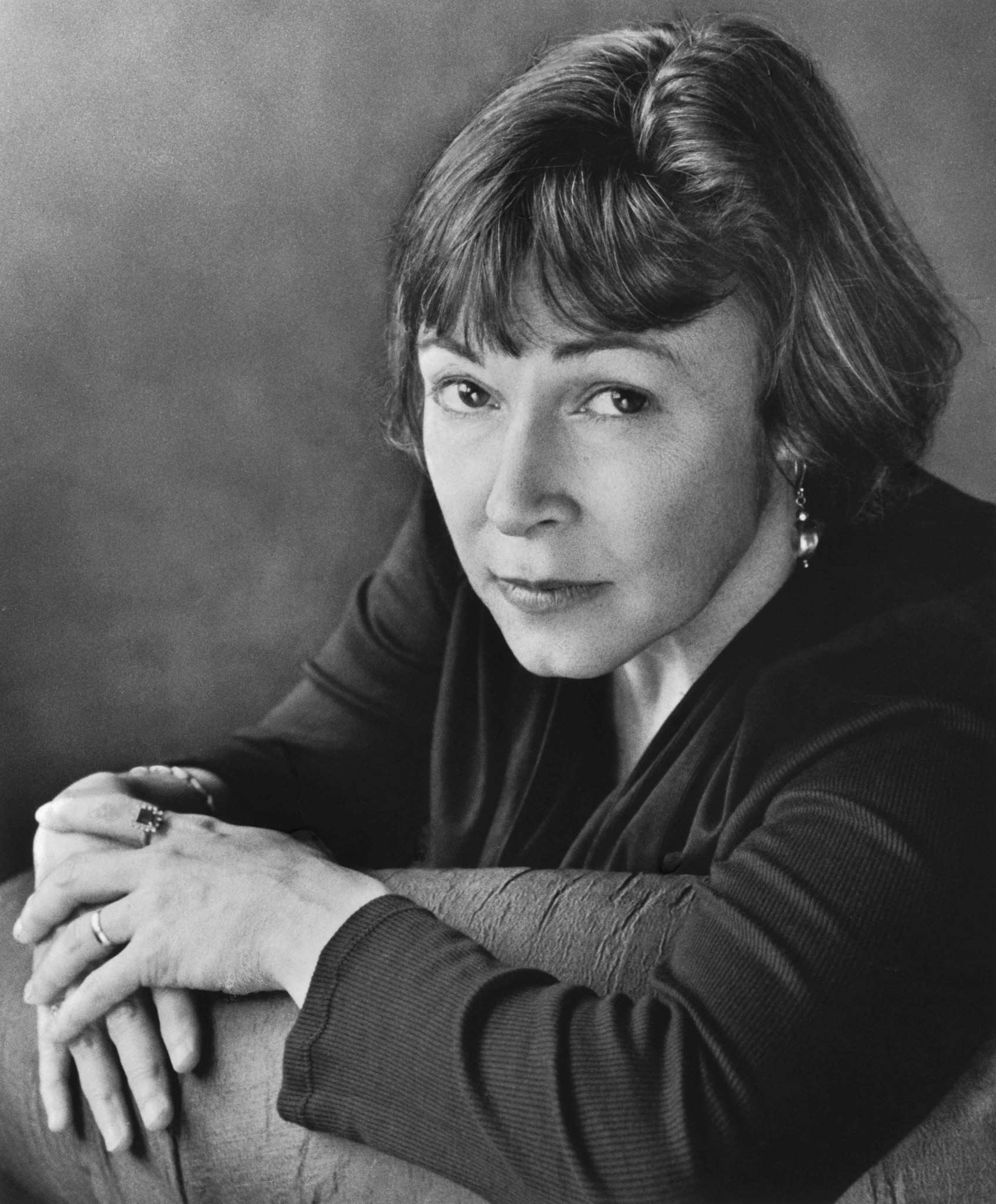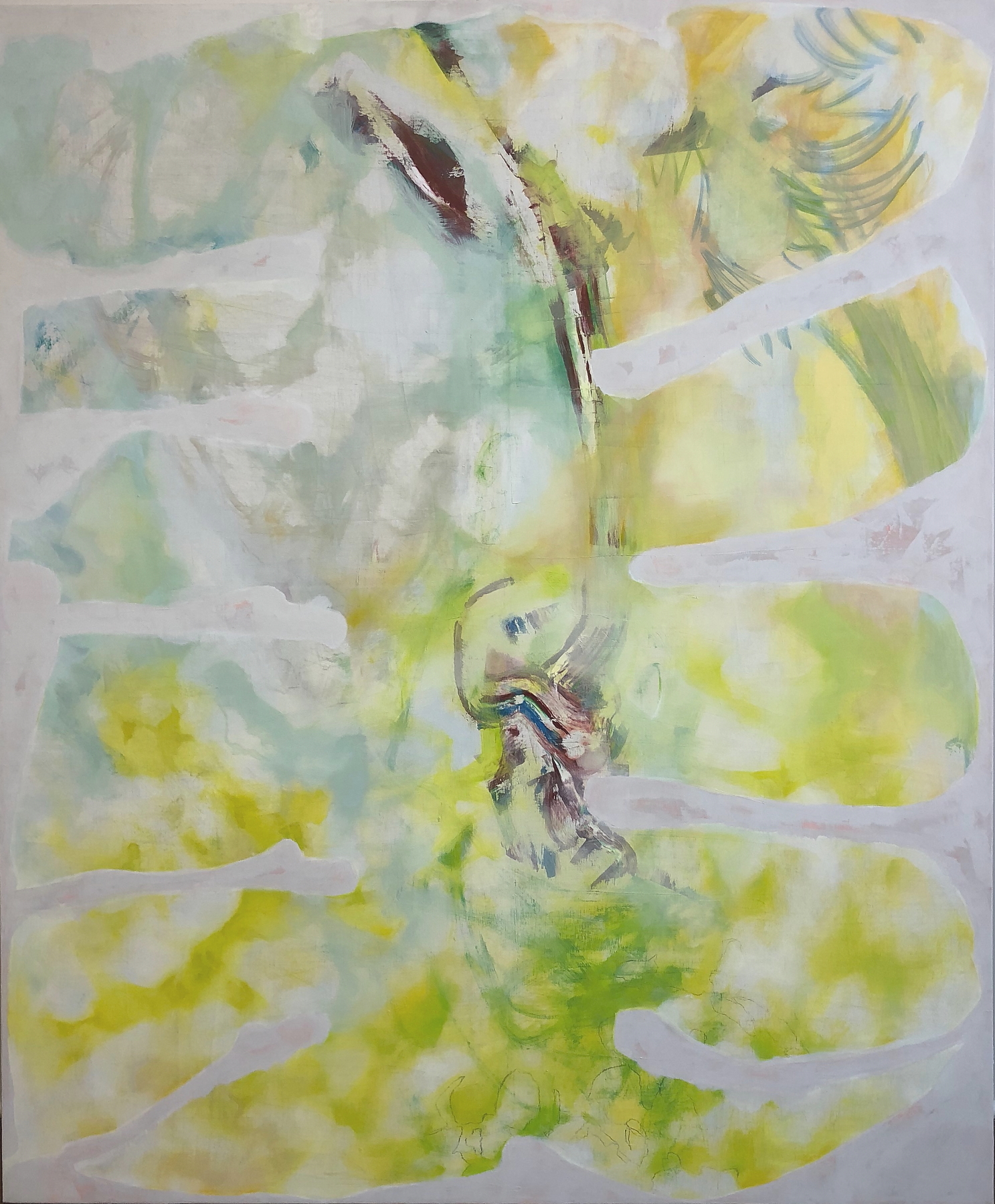Poetry Submission Guidelines
ezzo Cammin welcomes submissions of poetry that pays particular consideration to form. Poems in structured forms are especially welcome, but poems that use form in interesting and experimental ways are also encouraged.
Please submit four-six unpublished poems using our new Submittable portal.
Submission Guidelines for Essays
ezzo Cammin welcomes submissions of essays on any aspect of poetry in form by women. Suggested topics include studies of the work of a single author or group of authors; studies of how women have treated a particular form (such as the sonnet, or experimental forms); or controversies surrounding women writers and form (such as canonization or evolving attitudes toward poetic form).
 |
 Although we do not require essays to focus primarily or exclusively on formal elements of the poetry discussed, we do expect that essay writers will include some commentary on form as a way of illuminating their arguments. Although we do not require essays to focus primarily or exclusively on formal elements of the poetry discussed, we do expect that essay writers will include some commentary on form as a way of illuminating their arguments.
|
|
 |
Although we do not require essays to focus primarily or exclusively on formal elements of the poetry discussed, we do expect that essay writers will include some commentary on form as a way of illuminating their arguments. We do not limit our purview to the twentieth century, or to poetry in English; however, we do ask you to provide translations if you submit an essay on women poets who write in languages other than English. Also, for essays accepted for publication in Mezzo Cammin, we may ask the writer to assist us in obtaining permission to quote coyrighted material. Unfortunately, at this time we do not pay for essays. We plan to run special features on a particular author or topic at least every other issue; the new topic will be announced in the preceding issue. Our preferred length is 5000 words (20 pages) but shorter or longer pieces may be considered. Please follow MLA citation format.
Please submit original, unpublished essays or queries as e-mail attachments in RTF (rich text format), to: evnsanna@comcast.net.
|
|
 |
 |
|
|
 |
 |
This issue of Mezzo Cammin is also dedicated to its Founder and Managing Editor for 15 years, Dr. Kim Bridgford (1959-2020). [Photo: Marion Ettinger].
The 2021 Poetry by the Sea conference was canceled due to COVID-19. The next conference is planned for May 24-27 2022.
|
|
|
 |
|
|
|
 |
| Nicole Michaud: Throughout history, both women and fruit have been popular and enduring subjects for paintings. Women are referred to as the earth in which man plants a formed seed, distancing women from their capacity as creator. Rather, women engaging in procreation utilize the male 'pollen' to create and grow the embryonic seed of future generations.
From the Nariphon of Buddhist mythology (literal fruits shaped as women's bodies and absent bones) growing from the Makkaliphon tree, to the pomegranate of Greek mythology and the apple (or fig) of Judeo-Christian writings, women and fruit have been inextricably linked for millennia. Fruit is the basis of the temptation and fall from grace of Adam and Eve in the Bible, and serves as a treacherous precursor to conflict in mythologies such as the Greek golden apple's role in beginning the Trojan War. Women's bodies and body parts are often compared to apples, pears, melons, lemons, and other fruit. This association and dehumanization of women has facilitated an enduring mistreatment, ownership, and underestimation of capacity.
Inside, transformations are happening.
|
|
|
|
|
|
 |
|
 |
|
|
|
|
